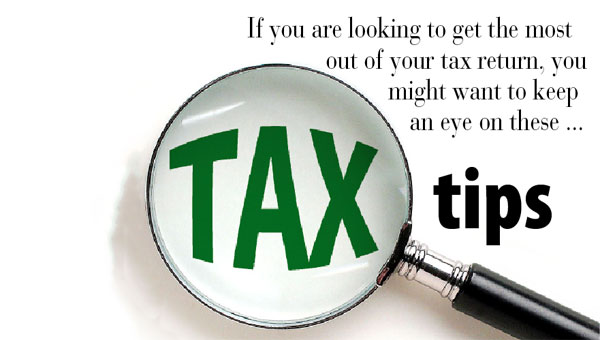
Taxation is an integral part of any country’s economy, and Kenya is no exception. The Kenyan government relies heavily on taxes to finance its budget, provide public services, and foster economic development. As a result, it is crucial for individuals and businesses in Kenya to understand the country’s tax system and how to optimize their tax obligations. Here are some taxation tips in Kenya to help you navigate the tax landscape.
Understand your tax obligations..
The first step to optimizing your tax obligations in Kenya is to understand what you are required to pay. Tax obligations in Kenya include income tax, value-added tax (VAT), excise tax, customs duty, and other levies such as stamp duty and withholding tax. Make sure you are familiar with the applicable tax laws and regulations, and keep up-to-date with any changes that may affect your tax obligations.
Keep accurate records.
Keeping accurate records of your income, expenses, and taxes is essential in ensuring that you comply with tax regulations and optimize your tax obligations. Make sure you keep receipts, invoices, bank statements, and other relevant documents that can help you file your tax returns accurately and on time.
Take advantage of tax deductions and credits.
Kenya’s tax system provides for several deductions and credits that can reduce your tax liability. Some of the common deductions and credits include business expenses, charitable contributions, and tax relief for pension contributions. Make sure you take advantage of these opportunities to optimize your tax obligations.
File your tax returns on time.
Filing your tax returns on time is crucial in avoiding penalties and interest charges that can accrue if you fail to file or pay your taxes on time. The deadline for filing individual tax returns in Kenya is 30th June of each year, while corporate entities must file their tax returns within six months of their financial year-end.
Seek professional advice..
Navigating the Kenyan tax system can be challenging, and it is advisable to seek professional advice from a tax consultant or accountant .This is to ensure that you comply with tax regulations and optimize your tax obligations. A tax consultant can help you identify opportunities for tax savings; help you prepare and file your tax returns, and represent you in the event of a tax audit or dispute.
In conclusion, taxation is an essential aspect of doing business in Kenya, and understanding the country’s tax system is crucial in optimizing your tax obligations. By following these taxation tips in Kenya; individuals and businesses can ensure that they comply with tax regulations and reduce their tax liabilities while contributing to the country’s economic development.

